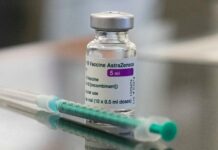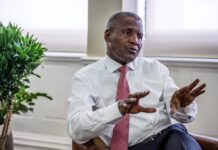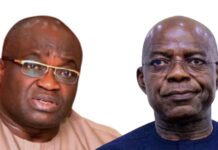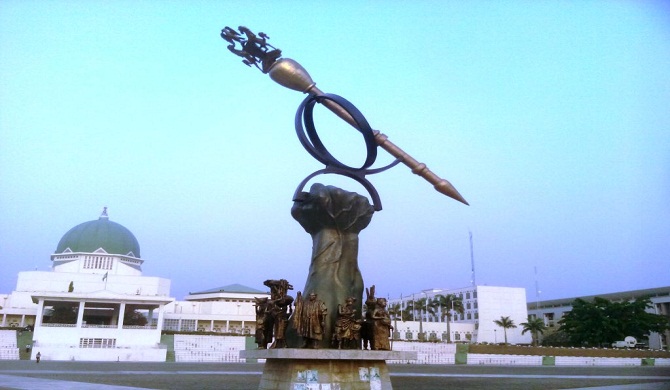Senate president Bukola Saraki says the 2018 appropriation bill expected to be signed in a few days will include 1% of consolidated revenue stipulated by the National Health Act to fund the Basic Health Care Provision Fund.
It is the first indication of positive move to include the 1% in health budget since 2014 when the NHA passed into law under the Goodluck Jonathan administration.
Health groups have been pressing to get 1% into health budget for four years, which would help pay for primary health care, reduce out-of-pocket spending, cover emergency treatments and vulnerable people.
Saraki called the 1% funding the National Assembly’s “gift” to Nigeria.
“I am very confident the appropriation bill that will come out in the next few days will have the 1% required,” he announced at the 58th scientific conference of the Nigerian Medical Association in Abuja to standing ovation.
“To us in [National Assembly] this is key to address the sector,” said Saraki. “We hope that by the time the bill is signed, we will have that 1%. And that is our promise. The question now is how do we ensure that that money is properly managed.
The conference is pushing to get health care into political discourse and manifestos ahead of 2019 polls and having Nigerians demand quality health services as an indicator of good governance.
“Generally, as politicians we tend to focus more on secondary and tertiary [levels of health care]. And it is simple. When you are looking for votes, people like to see buildings and tapes being cut, so you have to understand why the political will always moves toward tertiary,” said Saraki, explaining shortage of political will to address primary health system.
Vice president Yemi Osinbajo called the 1% inclusion to fund basic primary health care “wonderful news” but cautioned that public sector investment in health care must be “substantially improved” but was unlikely to ever be sufficient.
“Paying for healthcare from budget would not be enough to move the needle in health funding,” Osinbajo said.
He said investment has been “scandalously low” in a health care sector that’s been troubled for long.
“The level of public sector investment in our recent past has in no way reflected our earning, especially between 2010 and 2015—which was when we had the highest oil prices.”


























